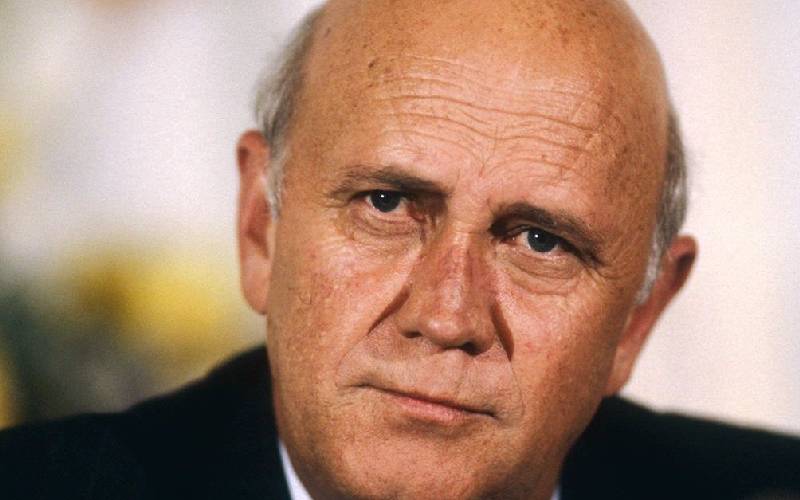×
The Standard e-Paper
Fearless, Trusted News

As news trickled in about the death of former South Africa President, Frederik de Klerk, I was on my way to Eldoret. I was to speak at a prayer breakfast for leaders from the North Rift Economic Bloc (NOREB), around the theme: Peace and Cohesion. Indeed, several counties within NOREB have historically suffered serious conflicts – cattle rustling, intertribal wars, and politically instigated violence.